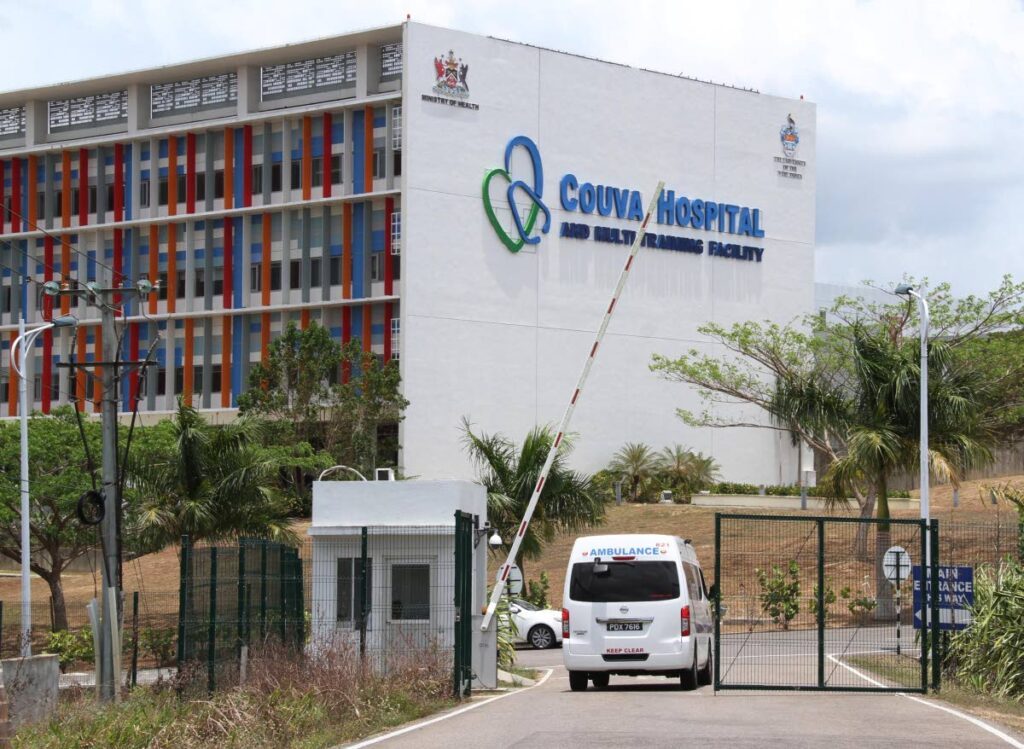Ramping up for viruses

THE Health Ministry's decision to repurpose the Couva Hospital as a dengue screening and treatment facility is an important step forward in acknowledging and responding to the increase in confirmed dengue cases, 825 at the most recent count, and the growing number of fatalities.
Trinidad and Tobago is also facing the possible spread of Zika, chikungunya and the Oropouche viruses.
The Oropouche virus (OROV) was named after the first case diagnosed in a forest worker in Vega de Oropouche in Trinidad, in 1955.
The US-based Centers for Disease Control and Prevention (CDC) has reported outbreaks of the Oropouche virus in Central and South America, and Cuba reported outbreaks in two provinces in May.
PAHO has issued warning alerts to the region twice in the last four weeks, after 19 imported cases showed up in Spain, Italy and Germany between June and July.
OROV is spread by the biting midge culicoides paraensis and some mosquitoes. This tiny midge is smaller than a mosquito and lives in water-based vegetation, slow-running streams, and wet manure heaps. The female of the species bites at dusk, or dawn and can pass through standard mosquito nets, requiring more aggressive preventive intervention. PAHO has advised countries to increase awareness of preventive measures, particularly among pregnant women, given the risk that OROV can lead to miscarriage, abortion, developmental problems, and foetal deformities.
Into this fetid stew of maladies, add the growing concern over mpox, which WHO Secretary General Dr Tedros Abraham has declared a public health emergency of international concern. The Caribbean Public Health Agency has amplified that concern, calling for increased surveillance. TT had four mpox cases in 2022, and the Health Minister has announced that screening will be introduced at airports.
There is concern that the newest variant of the virus, clade 1b, is potentially more lethal than the 2022 virus that infected 100,000 people. The mpox virus spreads through intimate physical contact.
Epidemiologist Dr Farley Cleghorn considers the risk for mpox in modern TT to be low but believes that infrastructure should be present to manage any potential case, inclusive of training for clinical workers.
Apart from tasking the Couva Hospital with reviewing cases of dengue, it should also be the first step in establishing screening and response systems to detect OROV, Zika, chikungunya and mpox, the most immediate virus threats the country faces, as a preventive medical measure.
A dedicated facility with suitably trained and equipped staff to meet the threat of these viruses is a start, but there's more to be done to reduce the vectors for mosquito breeding and limit the breeding opportunities for disease-carrying insects through proactive vector control strategies.

Comments
"Ramping up for viruses"